EPA annual trends report finds new vehicle fuel economy at record 24.1 mpg; new powertrain technologies rapidly gaining share
Green Car Congress
OCTOBER 10, 2014
EPA released the latest edition of its annual report on trends in CO 2 emissions, fuel economy and powertrain technology for new personal vehicles in the US. Fuel economy has now increased in eight of the last nine years; average carbon dioxide emissions are also at a record low of 369 g/mile in model year 2013.















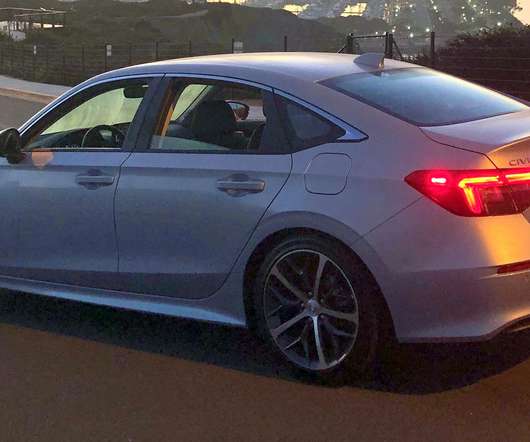
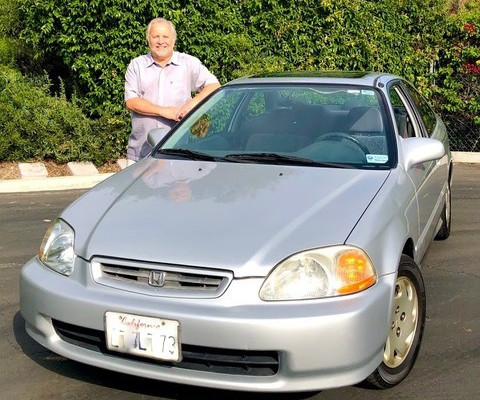






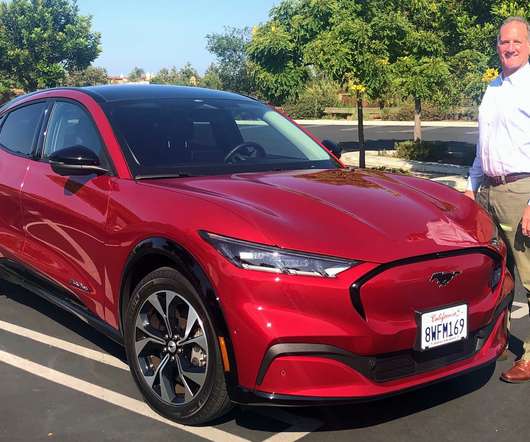
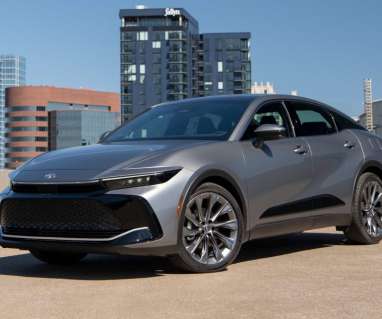
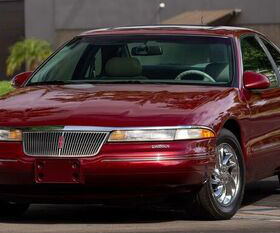




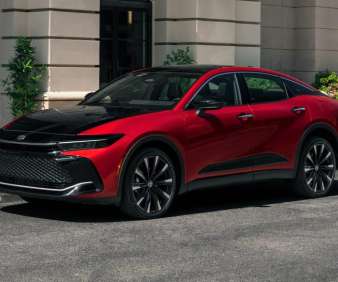








Let's personalize your content